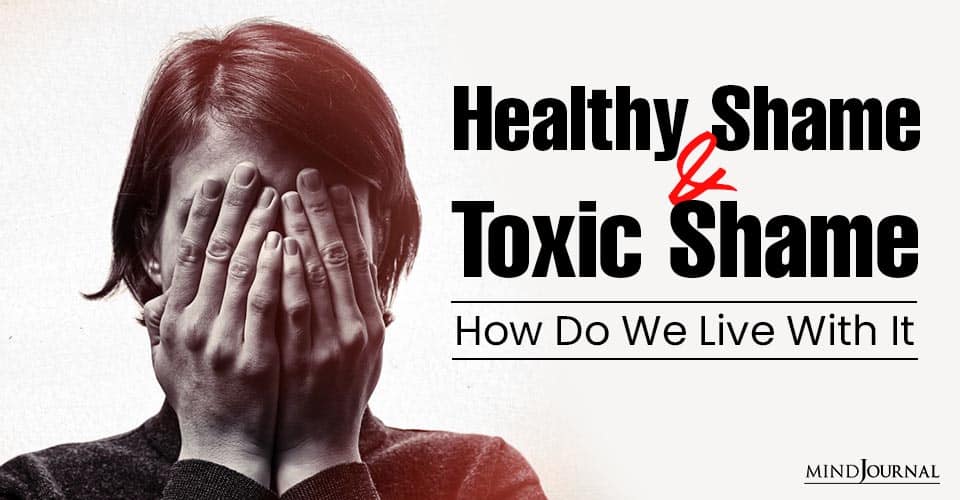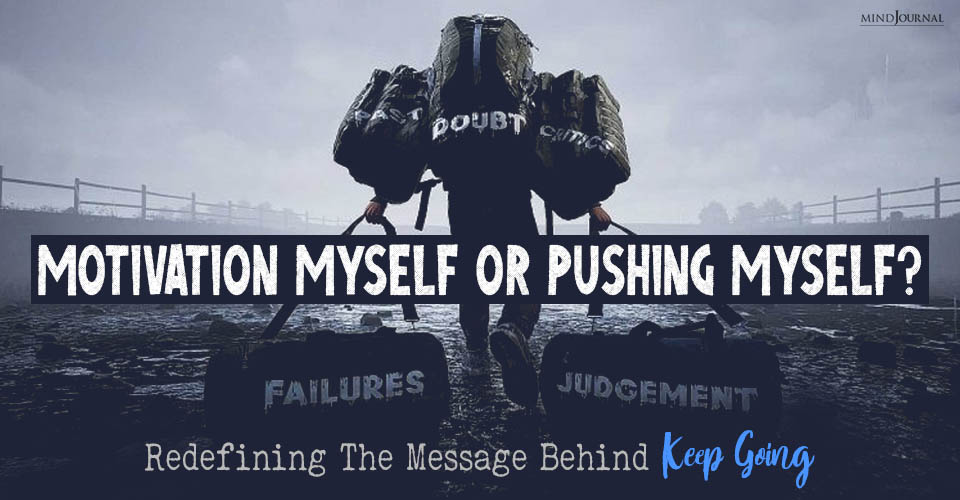The Sense of Shame: Shame is one of the most common forms of suffering. In my work over the past decade, I have been touched and saddened by how deeply and chronically people live with the experience of shame. It becomes a part of the texture of our lives.
Something we go hurtling back to with every life stressor. Certainly, we all struggle in different ways, as we experience our shame differently, dependent on our emotional context. But shame is endemic, and we have to struggle with it. We have to think deeply about our personal shame and learn from it, because, without a doubt, some of our shame is helpful. It lets us know the parameters of our consciences.
The feeling of shame helps us catch ourselves when we have let ourselves down. It is a guiding voice inside us, communicating to our consciousness through our emotional senses. The feeling of healthy shame is something we know as remorse, regret or sorrow. We experience it as the sadness and subjective agitation that arises out of our being in conflict with our actions.
Related: 6 Things You Should Never Be Ashamed Of
Healthy Shame
Healthy shame is pressure inside us, and as a pressure, it can motivate action, whether it be to apologize, to make amends, to right a wrong, or to promote the impulse to change ourselves in accord with our personal hopes. Shame is partly about morality, and it arises in relation to the shared and contextually based system of what constitutes right and wrong action.
Shame is also, and perhaps more importantly about our personal ethics, which can be based both in a shared morality, as well as in our own personally derived sense of things. Our personal ethics arises out of the context of our own minds and hearts and is generated within the time and space of our personal histories. We feel it as a sense of pleasure on the one hand or pain and discomfort on the other.
We are conscious of it in our thoughts, as we listen to that internal voice which encourages us to go this way and not that. We know it as a nudging towards or away from certain ways of being and relating to the other. Healthy shame surfaces in therapy most commonly through people’s realistic and reasonable experiences of remorse. It is the beginnings of a journey towards self-forgiveness, and it can be used as an ally in our personal evolution. I see it as a good thing, and I support its place in my
patients’ lives.
Related: What Is Toxic Shame and How it Differs From Ordinary Shame
Toxic shame
Now on to toxic shame. Let’s face it, in terms of the history of humankind this isn’t one of the easiest times to be alive. Whatever your politics, the truth seems to be that we are moving into a time of increasing polarization and othering in the world. Whatever this may mean to you, what it means to me, and what I believe it means to a great deal of people I’ve worked with, is that the conditions of acceptance of humanity are become tighter.
It feels as if there is less room for difference. A sense of belonging is not easy to feel, and we find ourselves as global citizens confronted with the truth that many people just like us are being mistreated on the basis of who they are. We all know that in some way or other, someone people in this world will reject us, shame us, or humiliate us.
Whether it’s the person next door, or someone on the other side of the world, we all know for sure that we are never universally accepted. There is a whole range of emotions which we can feel in response to this, one of which is the sense of toxic shame. Toxic shame is the sense of an inner badness, impoverishment or valuelessness, which flows in us in response to our perception of the judgements of the internal and external world.
Within each of the systems of our lives, whether it be family, education, social, professional, faith-based etc, we may find that we are both accepted and rejected, as we experience acceptance as conditional. We may have experienced total rejection within our most intimate systems, and this from a very young age. Whatever the level if rejection we feel, we all live with a sense that we are, in our whole or our parts, not truly acceptable.
These internal sensations plants the seed of shame, which is added on by the countless life experiences which we may have, which deepen and intensify our sense of shame. Each embarrassment, each failure, each moment of loneliness, where we feel that we are alone because of who we are, elaborates on our shame, and it flourishes.
This is a toxic shame, and it draws away from our being able to hold a realistic impression of ourselves. As a result, our capacity to be internally compassionate dwindles.
Related: 11 Ways Narcissists Use Shame to Control Others
Now,
How do we live with shame?
Well, one of the greatest challenges in personal therapy is to discern our defence-based responses; to recognize and come to understand those cognitive, emotional and behavioural reactions which are designed to protect us from feeling our feelings. Working with defences is the sine qua non of psychoanalytic psychotherapy.
Our defences show up everywhere, and we have to come to know them. When it concerns the management of toxic shame, we often use what is called the narcissistic defence. And so, instead of holding our shame in mind in a reflective and internally accepting manner, we seal it off from our awareness by being defensiveness proud, boastful, self-righteous or judgemental.
The narcissistic defence can also have a strong manic edge. An example of this is conspicuous consumption. When we find ourselves caught up in a compulsive pattern of spending on the delicious frivolities of life, when we reflect on this, we often find that it is a mechanism for coping with shame.
Related: How Parents With Core Shame Can’t See True Essence Of Their children
Tolerating shame means tolerating feelings of self-loathing, internal embarrassment, and the belief that our shamefulness alienates us from this world. Defending against shame means denying this awareness for the sake of feeling better, but simultaneously leaves us living inauthentically, and living under conditions of immense internal pressure.
All defense creates internal pressure because at some level we always know what we don’t know. In the next blog, I will think a bit about working shame, as I believe this to be one of the key elements to living a fuller, freer, and more comfortable life.
Written by: DR BRUCE BRADFIELD
Originally appeared on Brucebradfield.co.za
Republished with permission.










Leave a Reply